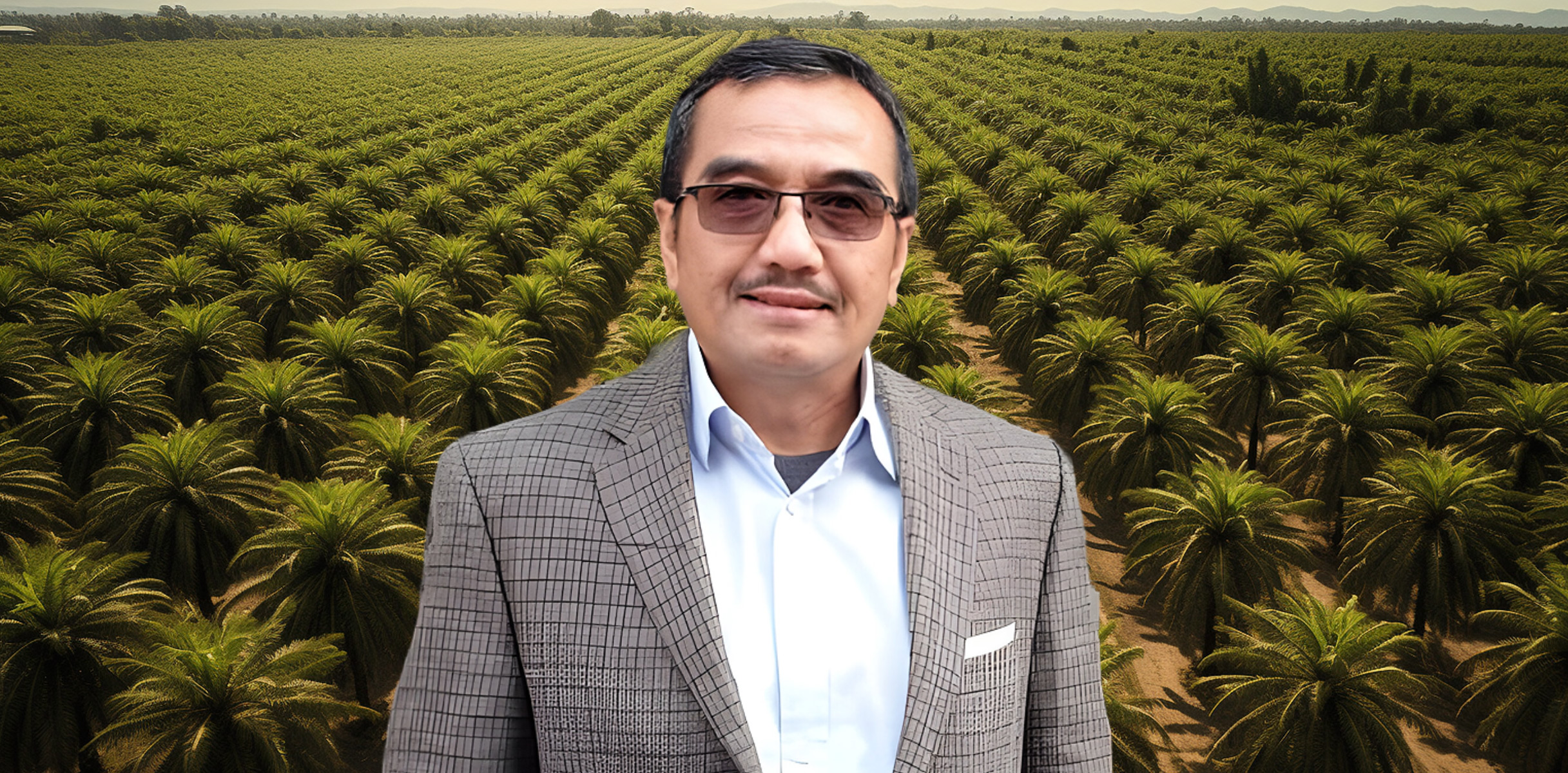India’s Edible Oil Challenge: Self-Reliance or Continued Dependence
Atul Chaturvedi on India’s edible-oil self-reliance, Asia’s palm-oil cooperation and the forces reshaping global agri-trade.
In this exclusive conversation, Atul Chaturvedi — Executive Chairman of Shree Renuka Sugars and Chairman of the Asian Palm Oil Alliance (APOA) — shares hard-won insights on edible-oil security, regional alliances and India’s long march toward self-reliance. From shaping APOA’s vision to dissecting India’s National Mission on Edible Oils-Oil Palm, he examines how policy, trade and geopolitics intersect to define the future of palm oil.
- As Chairman of the Asian Palm Oil Alliance, you are at the forefront of uniting key consuming countries in Asia. What collaborative efforts are underway among Asian nations to address common challenges in the palm oil sector?
I have been associated with the edible oil industry for more than four decades, and over the years have seen Palm gaining market share in our part of the world big time. The Palm Producing Countries like Indonesia and Malaysia had formed an alliance and christened it CPOPC (Council of Palm Producing Countries), essentially to protect the interests of producers.
We felt, as one of the biggest Palm oil consumers, it was imperative to form an alliance which can take care of the interests of Palm Consuming Countries. This idea germinated in the form of APOA (Asian Palm Oil Alliance). Solidaridad and SEA played a big role in the formation of this Alliance.
The major role of the Alliance is to strengthen regional cooperation among Asian countries for sustainable development of Palm. Another important role being played by APOA is in myth busting against targeted and motivated negative publicity of Palm being carried out by influencers.
In nutshell, APOA’s agenda is no different from Palm Producing Countries, and we work very closely with them.
- India’s dependence on imported edible oils (especially palm) has long been a concern. What is your take on initiatives like the National Mission on Edible Oils-Oil Palm? Are we seeing meaningful progress in domestic palm oil cultivation, and what more needs to be done for India to inch towards self-reliance in edible oils?
India forfeited its edible oil security long time back with disastrous results by giving step motherly treatment to oilseed development in the country. No wonder we now have a situation where 60% of our consumption, valued at approximately USD 18 billion, is being met with imports.
The National Mission on Edible Oils-Oil Palm is definitely a step in the right direction. However, the budgetary allocation of around 11,000 crore over a 5-year period is minuscule and will have little or no impact.
The Govt of India has targeted to bring 16.7 lakh hectares under Palm cultivation by 2030. According to knowledgeable persons, only about 7.0 lakh hectares may come under Palm by 2030.
Similarly, the Govt of India aims to have CPO production from domestic Palm plantations around 2.3 million tons by 2030. Industry estimate puts the figure between 0.7 to 1.0 million ton production of CPO by 2030.
The success achieved till now is not game changing and needs massive push if India has to achieve a semblance of Atmanirbharta, at least in Palm oil. We have a long way to go.
- Shree Renuka Sugars has diversified from sugar into ethanol and edible oils after its strategic acquisitions. How do you manage these distinct businesses? Do you find any synergies between sugar and oils?
I have been in commodity trade for a very long time and have handled various commodities during my professional journey. Moving from edible oil into sugar and ethanol was not much of a challenge for me. Moreover, the sugar sector in India is highly regulated and volatility in the domestic sugar space is practically non-existent. This makes things very simple as we only have to manage operations smartly.
Renuka has not entered the edible oil space, which is being taken care of by our sister company – AWL Agri Business.
Edible oil runs through my veins due to a very long association with this commodity, and it is natural for me to contribute whatever little I can for the betterment of the sector. My continued association with SEA and APOA is essentially due to this love.
- The edible oil trade is often influenced by global politics – whether it’s the EU’s evolving stance on palm oil, trade agreements in ASEAN, or export restrictions by producing countries. Which geopolitical or regulatory developments are you watching most closely that could impact the palm oil trade and prices in the near future? How should Indian businesses prepare for those?
During the last few decades we had analysts and consultants talking about globalization. However, during the last few years, countries have become more and more inward looking and globalization has gone on the back burner.
India talking about Atmanirbharta, Indonesia increasing blending % to 40% and next year to 50%, USA imposing massive tariffs, are all a manifestation of the new emerging world order. Rules of the game are being rewritten, and revered WTO seems to be lying in the dustbin of history. FTAs between countries are being signed left, right and centre, and new alignments are emerging.
Anyone involved in the Palm oil business needs to be like a trapeze artist, changing course at the drop of the hat. The good old demand-supply equation for price discovery is only relevant to a limited extent. Apart from other things, one has to keep a tab on tariffs, export bans and restrictions being imposed by countries, as well as weather and currency movements, to stay afloat. A new elephant in the room for Palm players are the motivated and slick “influencers” who have proliferated in this age of social media and AI-generated half truths. High edible oil prices are also providing head winds to the consumption growth story.
Browse by category
Agro icon Atul Chaturvedi: APOA Chairman & Commodity Market Expert.
Popular articles




.jpg)

